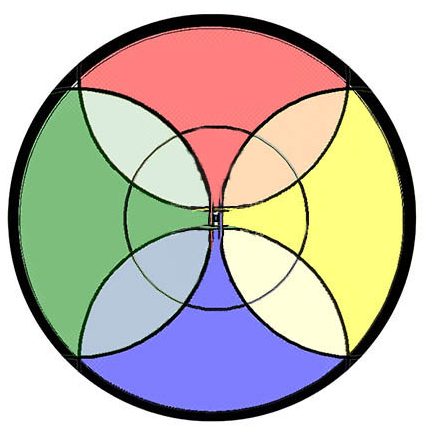
Some thoughts on bells
Whilst researching making an early medieval bell (to use at Caerlaverock on Saturday) I stumbled on the Latin for ‘bell’ used in Irish/Scottish texts, which is Clocca. The similarity with “clock” struck me, and I went back to working metal.

I then started wondering about ways of telling the time, as in letting everyone know what hour it was rather than measuring the length of day. In monasteries bells tolled the hour. Some buildings with bell/clock towers still provide that service. We still ‘tell’ the time with ‘clocks’ even if they don’t ring or chime as much. On a ship bells ring to change watch.
Are the watches on our phones echoing the practice of an ordered day, inherited from monastic living?
and…
In what ways can we use the marking of hours to live our lives more intentionally?
Or even to become aware of sensing the presence of the divine in our daily lives.

References to the presence and use of bells can be found in Adamnan’s “Life of Columba” It is used to summon the community so that they can pray for a king fighting a battle far off and for the crew of a ship which is in trouble sailing into what is now called Belfast lough. It marks the hours in the monastery, and the account of Columba’s last moments on earth begin with the sounding of the bell at midnight.
Even earlier is is reported that they (campana) are used to summon monks to prayer by Ferrandus writing to Eugippius, and in the writings of Benedict of Nursia. Other words for bell like objects include: Signum, campana, and glogga


